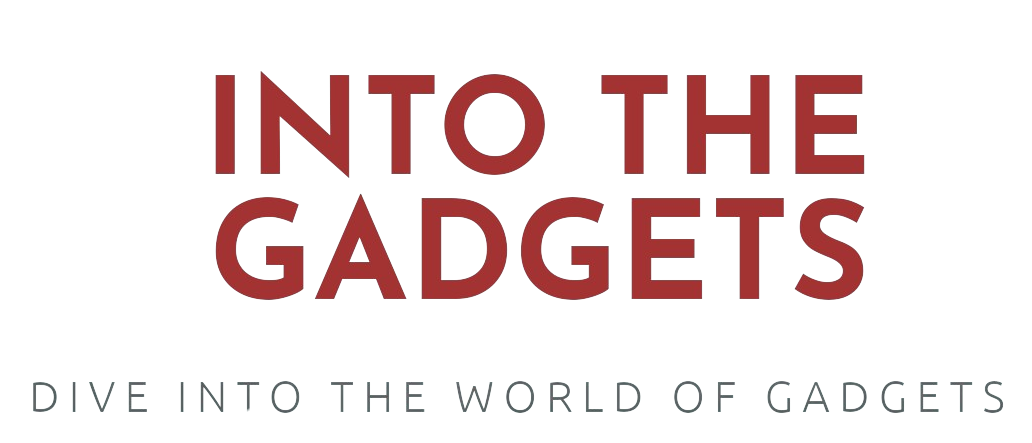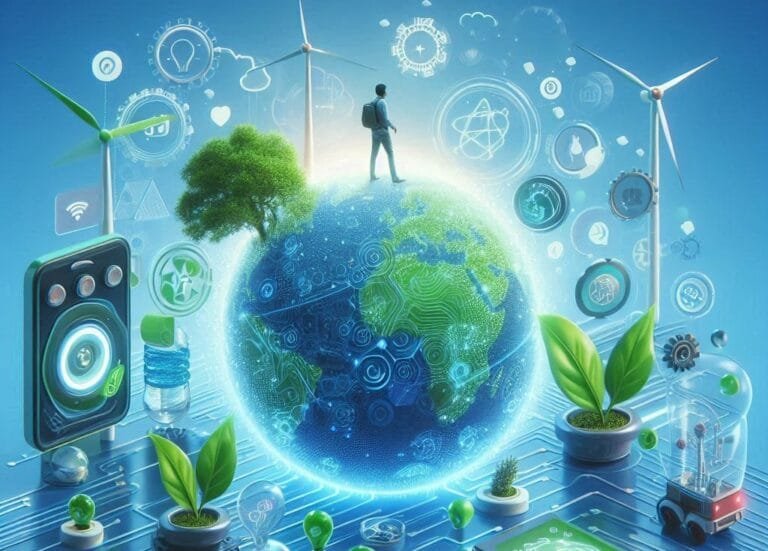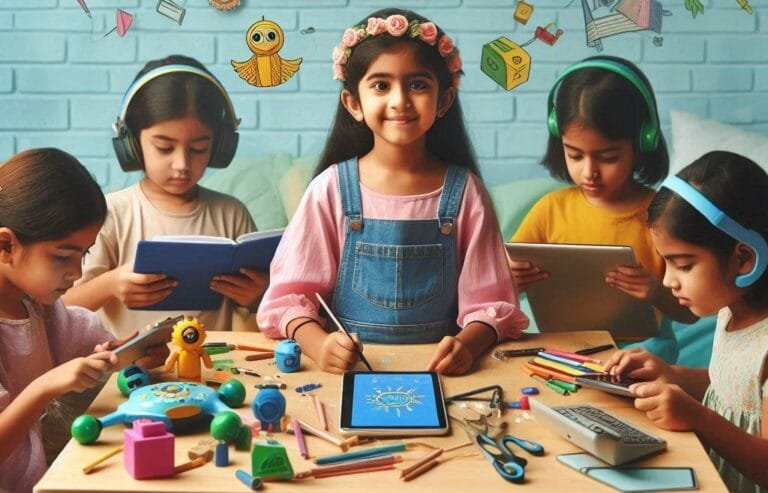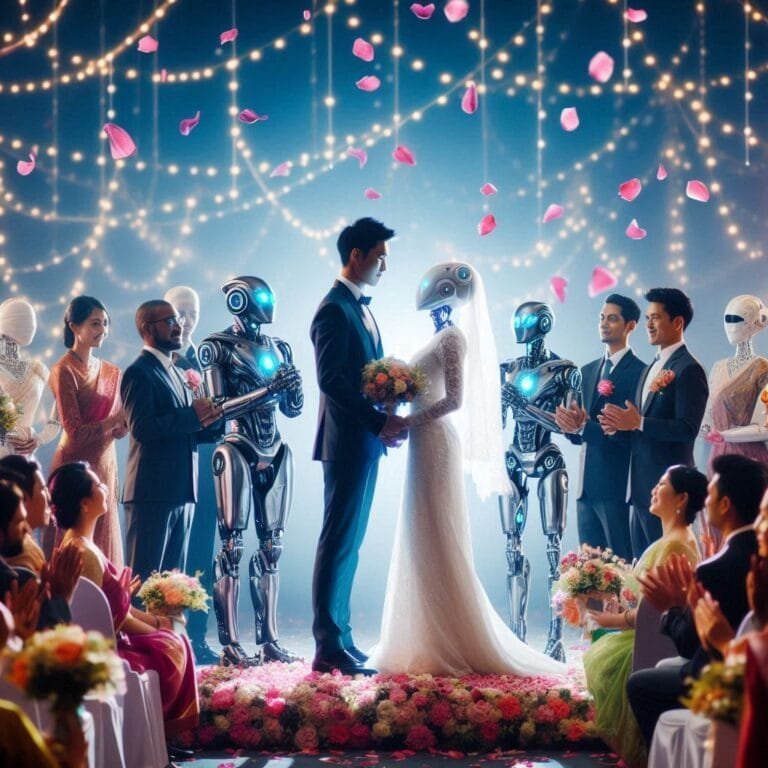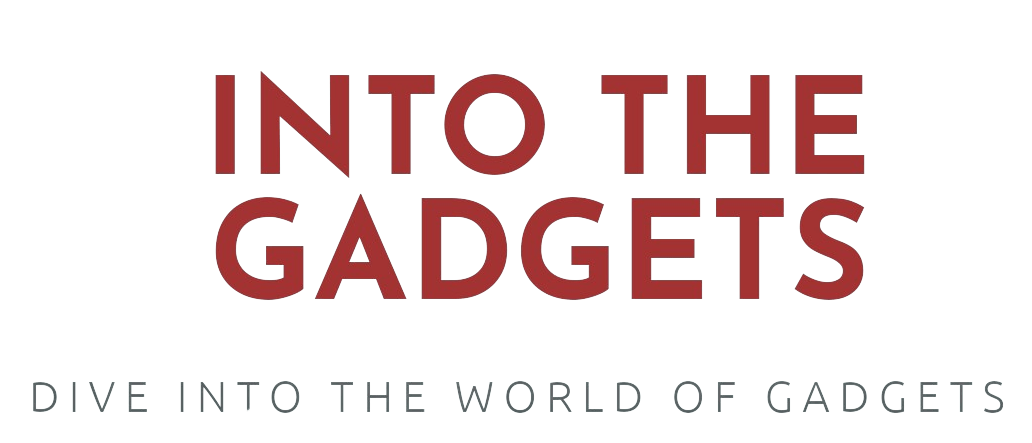Over the years, the e-book readers have evolved from simple digital versions of paper books to highly sophisticated and multiple-function devices that answer a number of needs that a modern reader faces. They have not only changed the landscape of reading but have also significantly impacted the publishing industry, environmental sustainability, and our everyday reading habits.
In this article, we will look at how e-book readers have changed over time, their wide effects, and what the future may bring for these new devices.
Beyond a Digital Bookshelf
While e-book readers were developed to continue the conventional reading tradition in a digital manner, with the advancement of technology, even these readers became capable of doing more than just displaying text. Today’s e-readers boast an array of features: integrated dictionaries, adjustable font sizes, backlighting that allows for night reading, and even internet connectivity that makes access to the vast library so easy. Many devices can now play audiobooks, making them hubs for different types of content. Such enhancements have helped e-readers meet the needs of different readers-from students who want to highlight and take notes in texts to travelers who want to read a good story without having to lug heavy paperbacks.
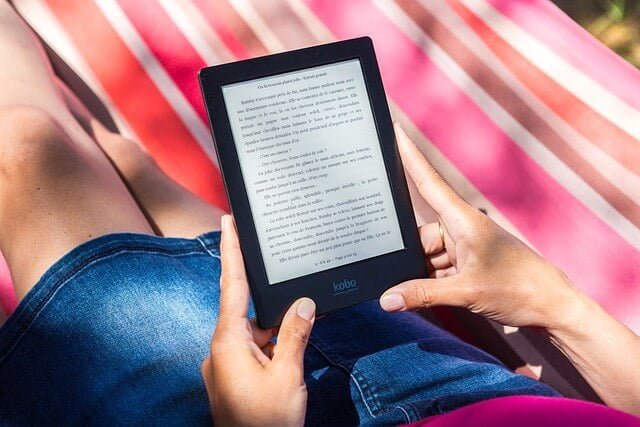
The Effect on Publishing
The appearance and development of e-readers turned the traditional publishing industry upside down. Removing printing, storage, and distribution costs, e-readers opened wider opportunities for publishing. It resulted in the increase of independent authors and publishers who could reach readers all over the world and did not depend on large publishing houses. So, this community became very alive thanks to such services as Amazon Kindle Direct Publishing that allowed writers to avoid traditional gatekeepers.
Another development brought about by e-readers is the ease of sharing certain niche and specialized content to which readers might otherwise not have access, given that traditional publishers would not have found it profitable enough to publish. This has expanded the world of literature for all, bringing in fresh voices and different insights into the world of letters.
The Effect on Libraries
The arrival of e-book readers heralds a new era for libraries, making them stand at the forefront of new beginnings in ways to access information and connect with the community.
With the growing popularity of e-readers, libraries have extended their services to include not only printed regular books but also electronic books in their collections.
The ease of borrowing from home contributes to making this service more accessible for people and also to the ability of the libraries to reach more people than would otherwise be possible, especially those for whom distances or mobility problems make access difficult. E-book lending systems help libraries in the cause of promoting reading and lifelong learning by allowing them to offer a variety of books for everyone in the community.
Many libraries have made partnerships with digital platforms, therefore allowing special access to many titles for different interests and age groups. These types of programs not only strengthen community involvement but also give confirmation that libraries are such important places for education. With the use of e-book technology, libraries are not just adapting to change but also facilitating the future of reading and thereby sharing knowledge in a more digitized world.
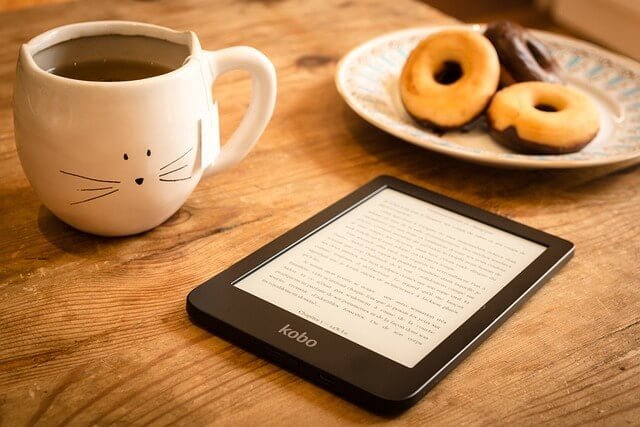
Environmental Benefits
Among the key strong points of electronic readers is the environmental impact they have on society, as opposed to books. It saves trees by not requiring paper for printing, and it minimizes paper waste. Since e-books are digital in nature, carbon prints due to book circulation are reduced because it does not require transportation or storage.
Making e-readers does have some harm to the environment, but studies show that this is all balanced out after reading about 20-30 e-books instead of buying physical books. So, the more people start using e-readers, the clearer a chance there might be for big environmental benefits.
Future Changes in E-Reader Technology
With more new ideas and improvements, the future of e-reader technology is going to be bright. We may look forward to more interactive e-books, enabling the readers to make use of videos, animations, and interactive maps. This may change educational materials for good, making learning more lively and interesting.
Personalized reading experiences are just around the corner. Advances in AI and machine learning will let e-readers suggest content tailored to each individual’s preferences and reading patterns. Connectivity with other digital platforms could even improve further, connecting readers with more relevant content, groups, and discussions.
Shifting Reading Habits
E-readers have, so far, played a significant role in adapting literature to fit the fast-paced, digitized modern world. They offer convenience and accessibility, promoting the changing reading habits that consumers of today are facing. By carrying an entire library on a single device, it becomes easier to fit reading into daily life, whether during commutes, at the gym, or in bed.
While people spend a lot of time on screens, an e-reader offers that special place for reading sans the distraction of social media and other digital interruptions. This has re-awakened new interest in reading, helping people to focus on books among all the digital entertainment choices out there.
Final Words
The modern development of an e-book reader is a huge leap in the development of literature consumption and perception. More than just digital bookshelves, these devices have revolutionized the publishing industry, helped with environmental sustainability, and further facilitated. In the future, the potential for involvement of e-readers in developing reading experiences and creating cultural landscapes will be really great.
If you want to explore everything e-readers can do, now is a great time to join the community of digital readers and you will have amazing access to books and contribute to a more sustainable and inclusive literary world. Let us embrace this exciting change together and keep building a community that values knowledge, creativity, and shared experiences.
